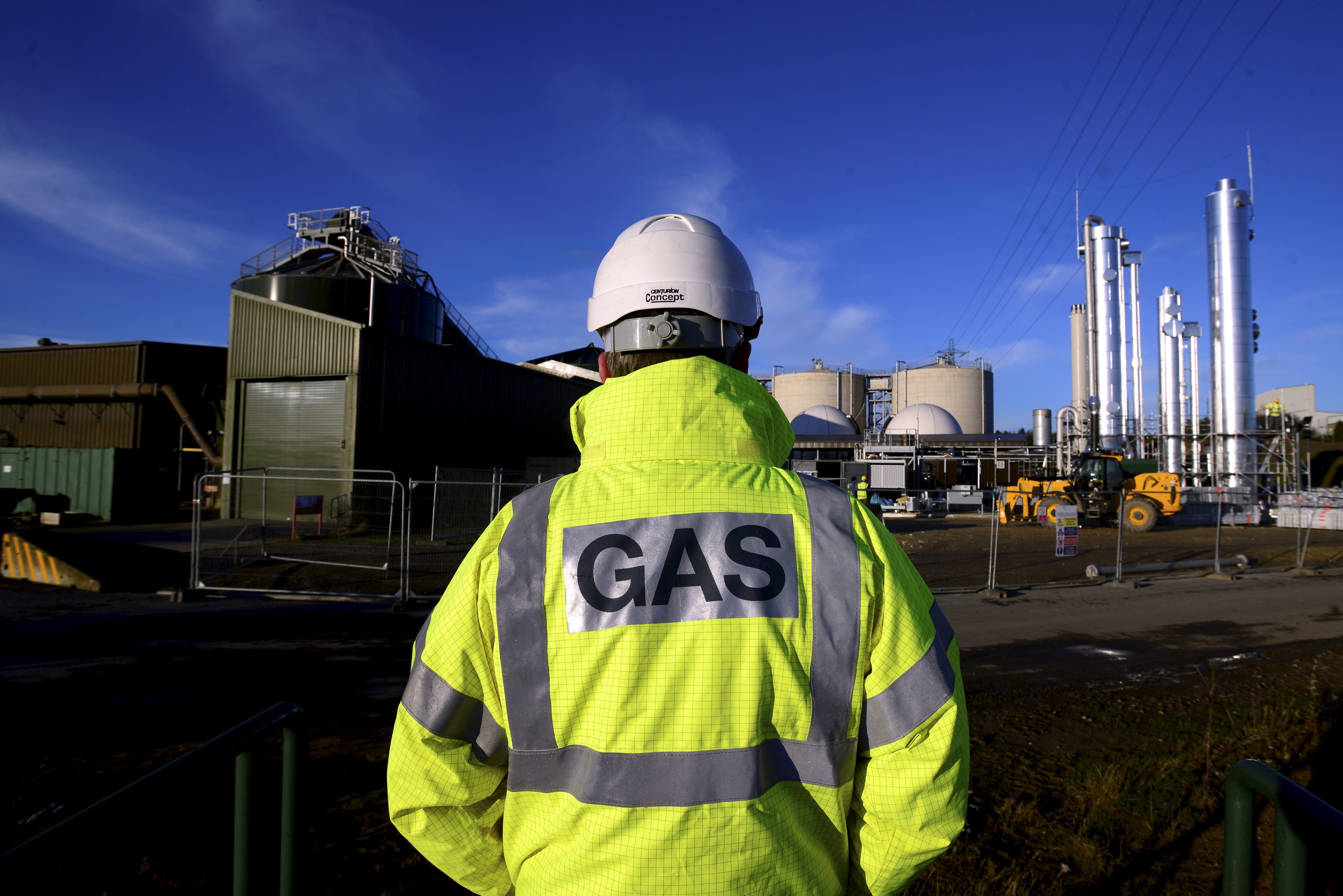The call comes as Energy Networks Association (ENA) publishes new research showing that if investment into zero carbon hydrogen infrastructure began today then the country would be a net beneficiary of that investment before 2045, five years ahead of its 2050 net zero carbon emissions target and saving bill payers £89bn by that date.

Gas network companies are urging the Government to back its Zero Carbon Commitment package of £904m of investment both as part of its plans for the UK’s economic recovery from the COVID-19 crisis and its long term decarbonisation policy.
With 85% of Britain’s homes connected to 284,000km of gas pipelines across the country, the Commitment sets out network companies’ plans to invest in projects between 2021 and 2026, under the RIIO-2 price control. The investment would be used to prepare Britain’s gas grid for a switchover from using methane natural gas to zero carbon hydrogen and biomethane.
The Commitment includes plans to invest:
- £446m in new network infrastructure for projects that roll out the industrial use of hydrogen, as well as domestic trials. This includes £391m of investment in engineering and design work for carbon, capture, utilisation and storage projects in the north-west of England, Aberdeenshire and the Isle of Grain.
- £264m in ‘cross-cutting’ projects that will expand the capacity of local gas networks to connect more hydrogen and bio-methane generation projects, transport refuelling stations, and ensure network operators have the right systems in place to manage the gas used by those connections.
- £150m for running new, large scale trials of domestic appliances providing hydrogen heating, cooking and transportation appliances connected to the gas grid, starting in controlled environments, before moving on to unoccupied and finally occupied premises.
- £44m in projects to understand how to blend an increasing amount of zero carbon hydrogen with the natural gas currently used in our gas networks, to gradually replace it.
The Commitment is being made as part ENA’s Gas Goes Green programme, which is seeking to create the world’s first zero carbon gas grid here in the UK based on a pathway published last autumn. Decisions on energy network investment are made by the energy regulator, Ofgem, and are dependent on Government policy. The regulator is due to make a decision on gas network investment in in July.
New research published alongside the Commitment has found that the £182bn of investment needed to create a zero carbon gas grid using hydrogen would save British bill payers £89bn by 2050, compared to the continued use of natural gas . The in-depth research also shows that there is no realistic scenario whereby the UK can achieve net zero carbon emissions by 2050 without hydrogen playing a key role in the decarbonisation of large carbon emitting sectors such as industry, transport, power and heat.
It finds that the UK will need to use hydrogen produced both from carbon capture and storage projects (‘blue hydrogen’) and renewable electricity (‘green hydrogen’). Green hydrogen produced from the latter is expected to become cost-competitive by 2030 if investment into its uptake is made now by policymakers.
Commenting David Smith, ENA Chief Executive, says:
“With the solutions to tackling climate change being as much local as they are national, we have to take the #buildbackbetter opportunity to rebalance our economy in the right way. As the Government looks to set out its plans for the economic recovery from the COVID-19 crisis, our members are ready to play their part. We have a plan that’s ready to go. So let’s unlock the investment that’s needed, and create the world’s first zero carbon gas grid here in the UK.”
Chris Train, UK’s Green Gas Champion, adds:
“The need for action from Government has never been greater. Investing in the infrastructure that will ensure that homes and businesses across the country are connected to the world’s first zero carbon gas grid is the one of the best ways of not only meeting our decarbonisation targets, but also for ensuring that our economic recovery from the COVID-19 crisis is first and foremost a clean, green one. Unlocking this investment is a huge opportunity for Britain to lead the way in the fight against climate change.”




